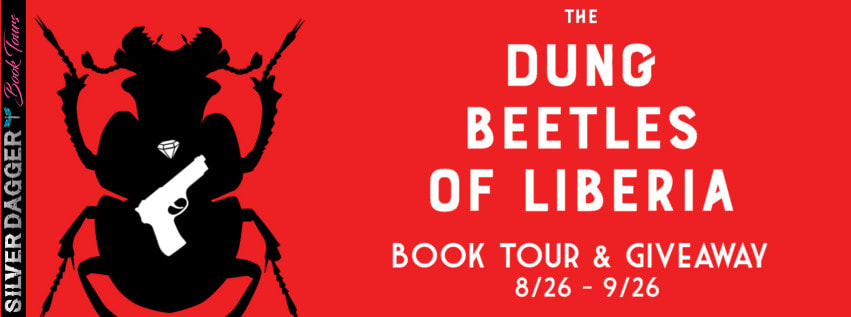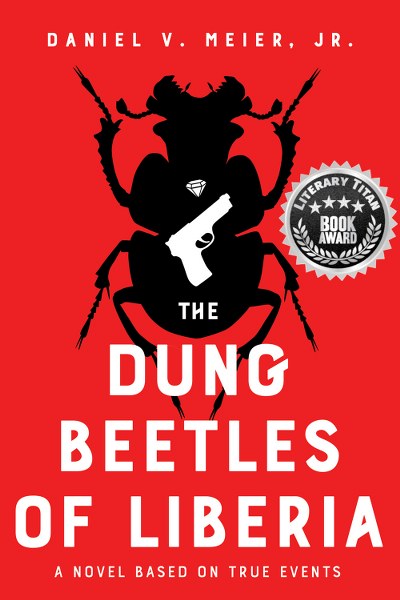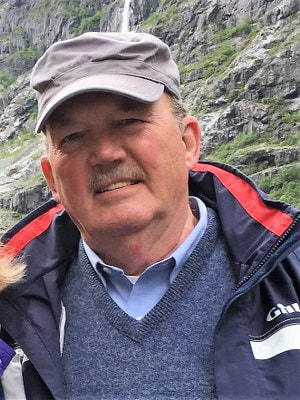The Fernando Po Scandal © Daniel V. Meier, Jr.
The society set up by the Americo-Liberians is “elitist power” in its purist form.The Power-Elite Theory, claims that a single elite group decides all issues for the nation as a whole, both political and social, leaving almost nothing to decide for the common person. It paints a dark picture. And in Liberia’s case, ironically, it dipped its toe into the murky waters of forced labor and slavery.
In 1927, after losing the presidential race to Charles King, Thomas J. Faulkner revealed to the League of Nations that Liberia was involved in a forced labor scandal, similar to slavery, on the Spanish island of Fernando Po off the shores of Equatorial Guinea. It has been known from that time on as the “Fernando Po Scandal.” The League of Nations came to the conclusion that Liberia was, in fact, involved in providing forced labor for Spain on Fernando Po, however it “did not completely meet the standards for slavery as defined by the Anti-Slavery Convention,” and only moderate action could be taken. However, President King was forced to resign, and a new government was installed.
Semantics notwithstanding, the Americo-Liberians forcibly separated thousands of indigenous Liberian boys and men from their families and required them to work in Fernando Po. They were paid, monthly, the equivalent of about $1.50 in US dollars, yet it cost about $2 per month for their food rations. They were put to work in the sugar and cocoa plantations ten hours a day. Their living conditions were harsh as well; and their sleeping quarters were described as "fifty boys being packed close together on beds of cocoa staves and banana leaves." Again, we ask the question WHY?When our hero arrives in Monrovia in 1961, Liberia was rolling in money. President Tubman had lured foreign investment and allowed them to set up profit sharing facilities in the country; Firestone being the first. But at this time, the economy was limited to a few small trading companies and the government (who’s jobs were held exclusively by Americo-Liberian). So, apparently the Liberian government was going bankrupt. They needed a source of income and they found it in the form of native labor. They received about 6 to 8 British pounds from the Spanish for each head sent to Fernando Po. Ethical? No, but very consistent with the Power-Elite Theory.
 |
Credit: Ashley Gilbertson/ProPublica |
However, exploitation did not stop. It did become illegal in Fernando Po, but when the Americo-Liberians invited Firestone to the country in 1926, they allowed a significant part of their work force to be forced labor. The company employed more than 10,000 laborers on its plantations in 1930, and according to official government sources, more than 8,500 had not come to work for Firestone voluntarily.
This conscription system remained in place until 1962 when, under duress from the international community, the Liberian legislature enacted a law regulating the recruitment of labor in Liberia.
Based
on the remarkable true account of a young American who landed in
Liberia in 1961.
Ken
Verrier is not happy, nor at peace. He is experiencing the turbulence
of Ishmael and the guilt of his brother's death. His sudden decision
to drop out of college and deal with his demons shocks his family,
his friends, and especially his girlfriend, soon to have been his
fiancee. His destination: Liberia - The richest country in Africa
both in monetary wealth and in natural resources.
Nothing
could have prepared Ken for the experiences he was about to live
through. He quickly realizes that he has arrived in a place where he
understands very little of what is considered normal, where the
dignity of life has little meaning, and where he can trust no
one.
Flying
into the interior bush as a transport pilot, Ken learns quickly. He
witnesses first-hand the disparate lives of the Liberian "Country
People" and the "Congo People" also known as
Americo-Liberians. These descendants of President Monroe's American
Colonization Policy that sent freed slaves back to Africa in the
1800's have set up a strict hierarchical society not unlike the
antebellum South.
Author
Dan Meier describes Ken's many escapades, spanning from horrifying to
whimsical, with engaging and fast-moving narrative that ultimately
describe a society upon which the wealthy are feeding and in which
the poor are being buried.
It's
a novel that will stay will you long after the last word has been
read.
A
retired Aviation Safety Inspector for the FAA, Daniel V. Meier, Jr.
has always had a passion for writing. During his college years, he
studied History at The University of North Carolina Wilmington and
American Literature at The University of Maryland Graduate School. In
1980 he was published by Leisure Books under the pen name of Vice
Daniels. He also worked briefly for the Washington Business Journal
as a journalist and has been a contributing writer/editor for several
aviation magazines.
Dan
and his wife live in Owings, Maryland, about twenty miles south of
Annapolis and when he's not writing, they spend their summers sailing
on the Chesapeake Bay.
Follow
the tour HERE
for exclusive excerpts, guest posts and a giveaway!











No comments:
Post a Comment